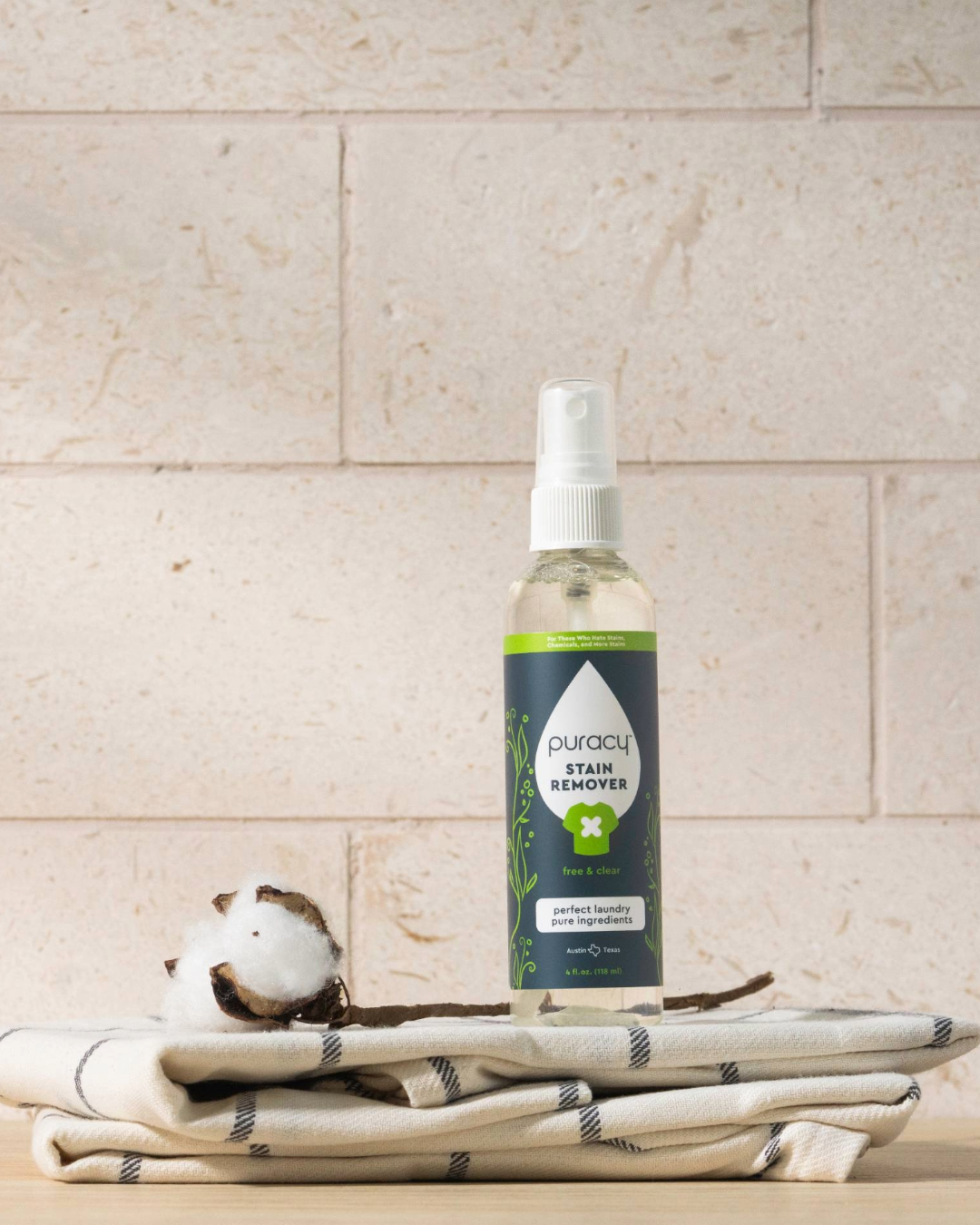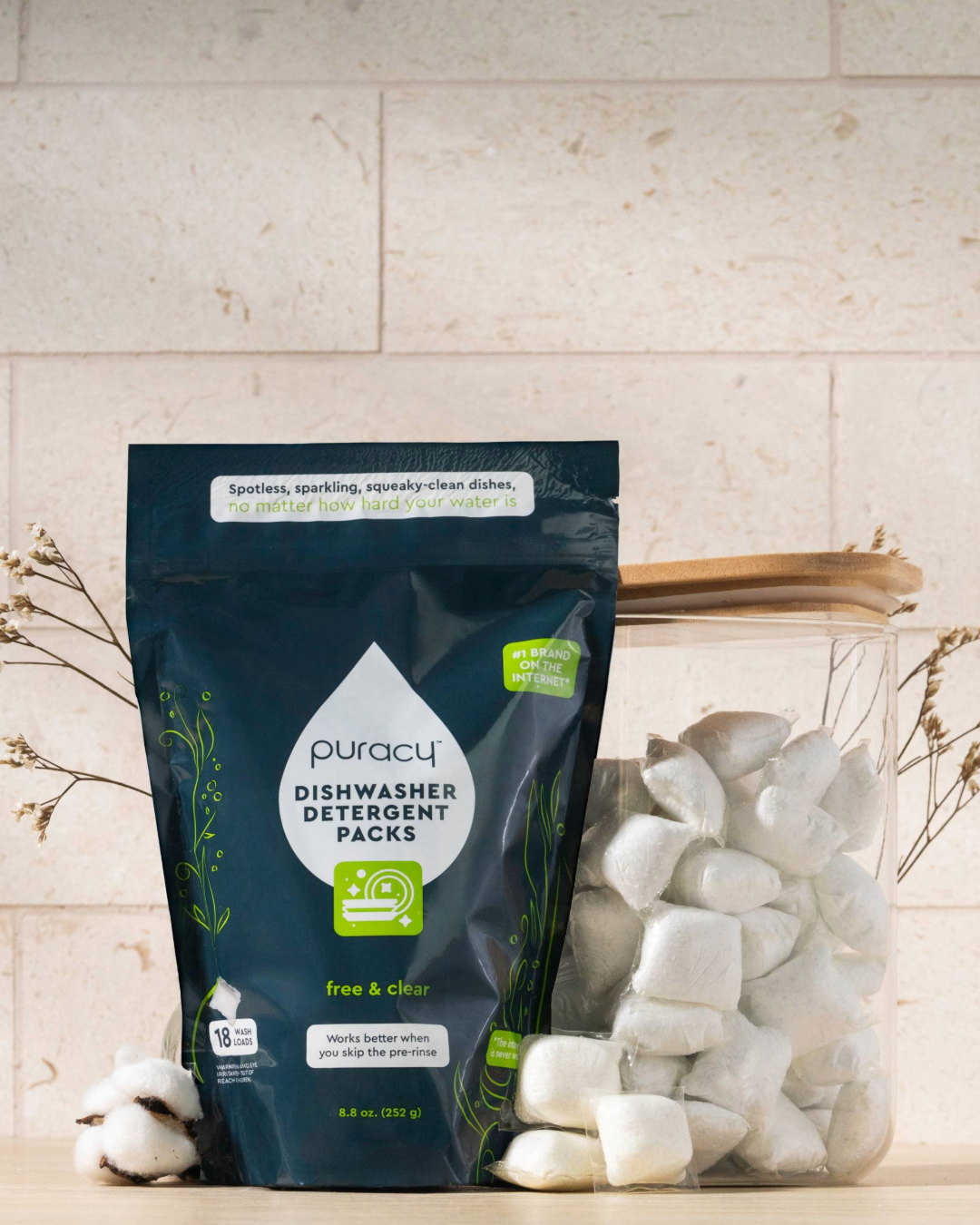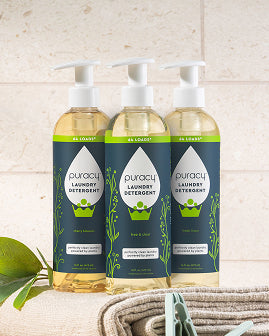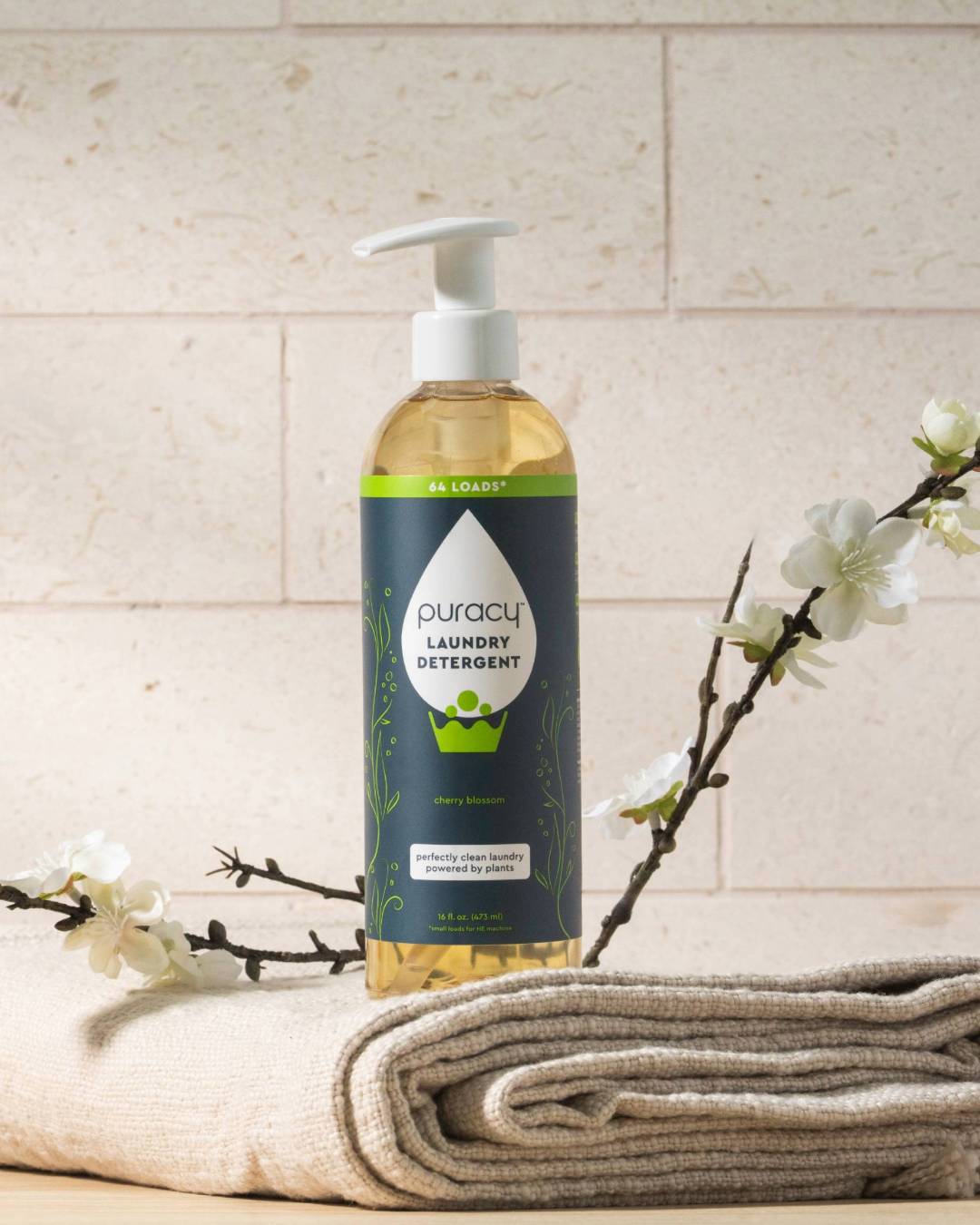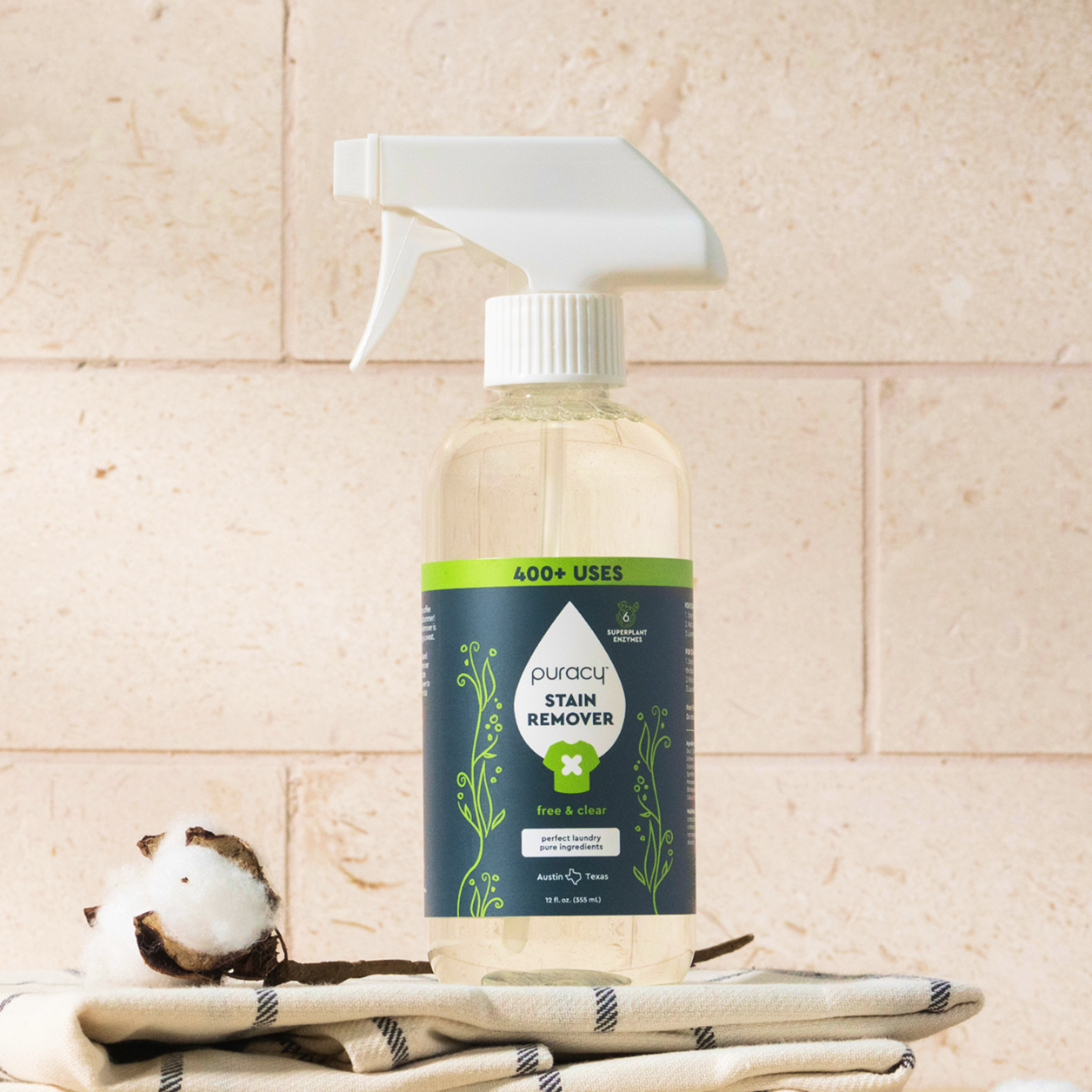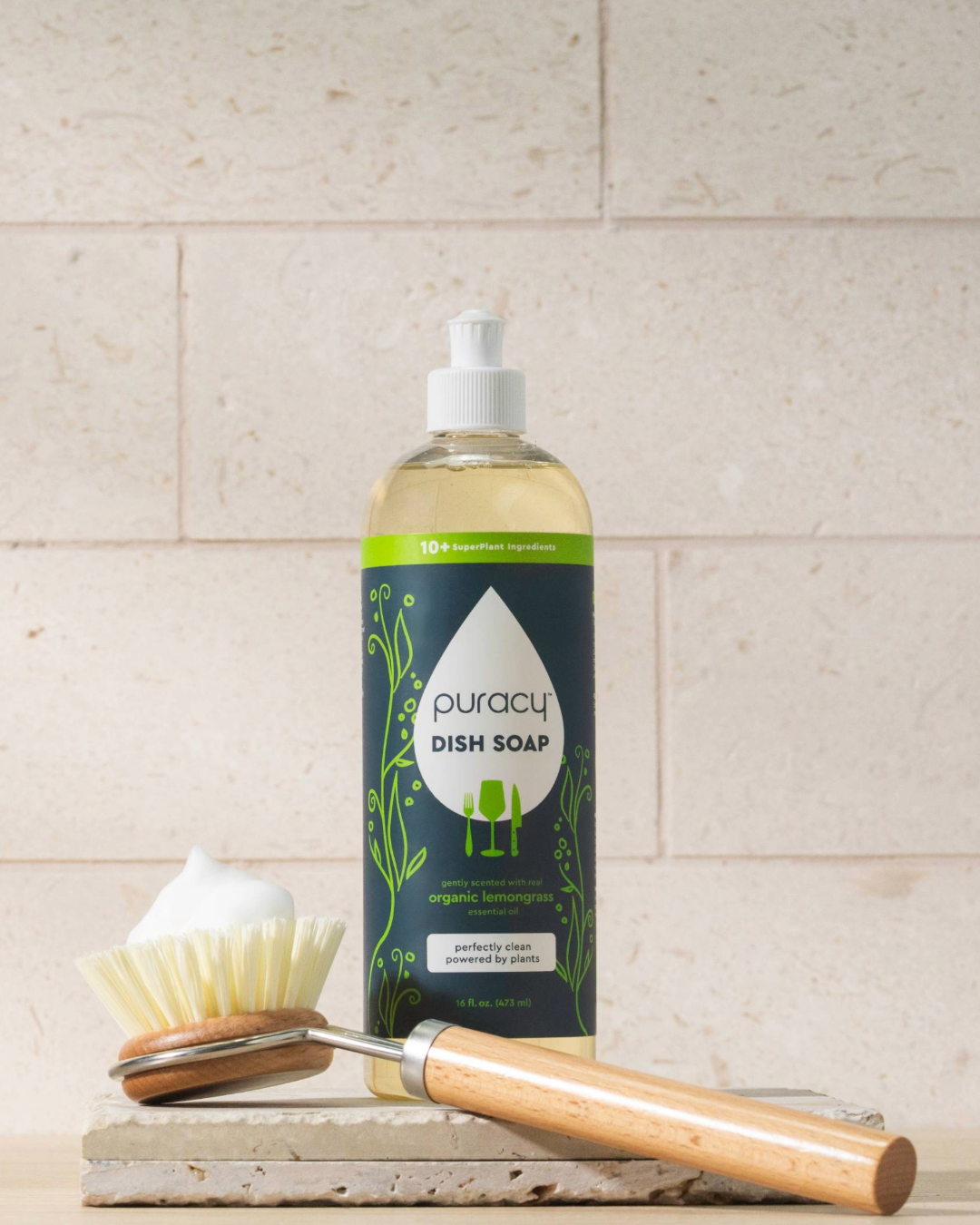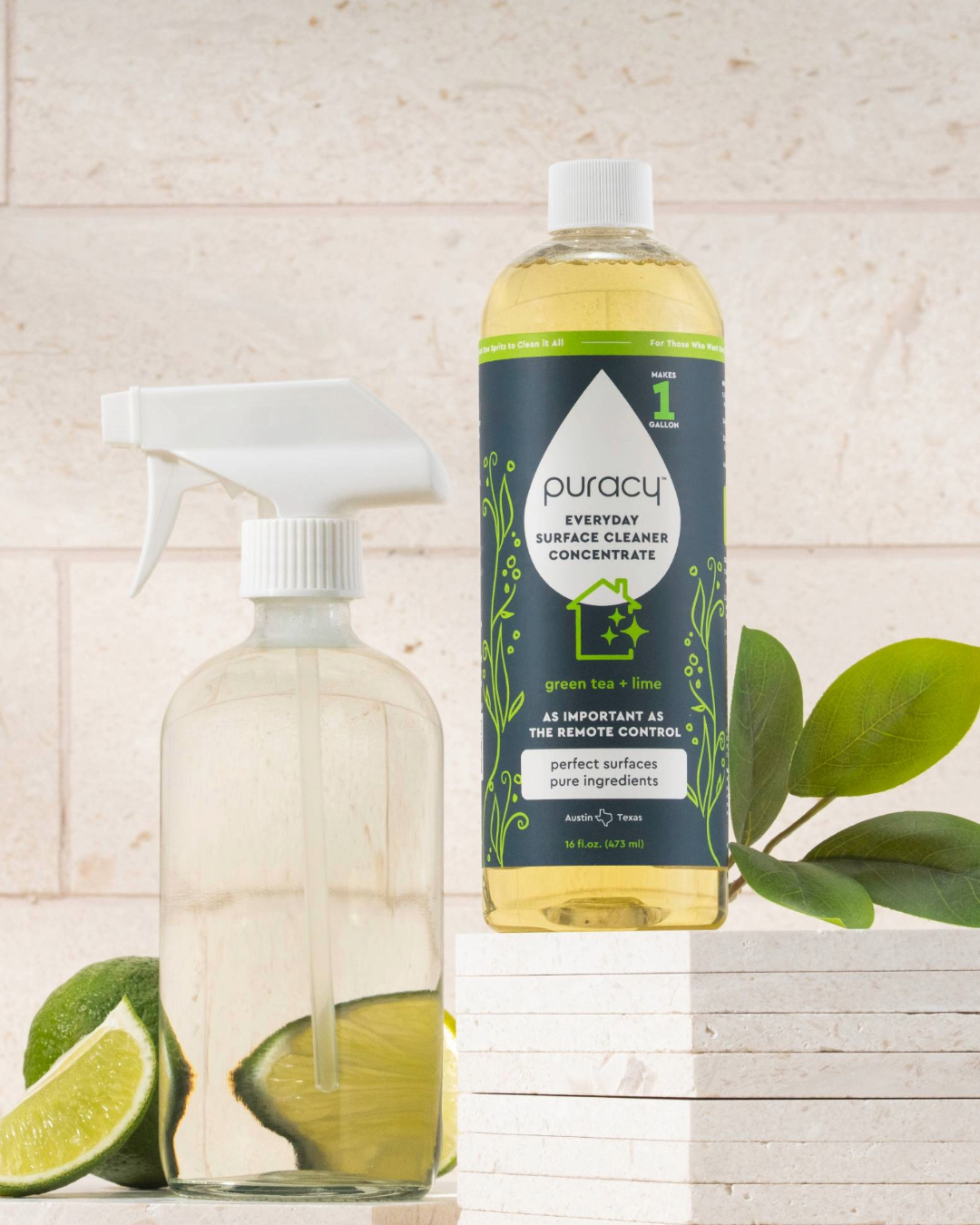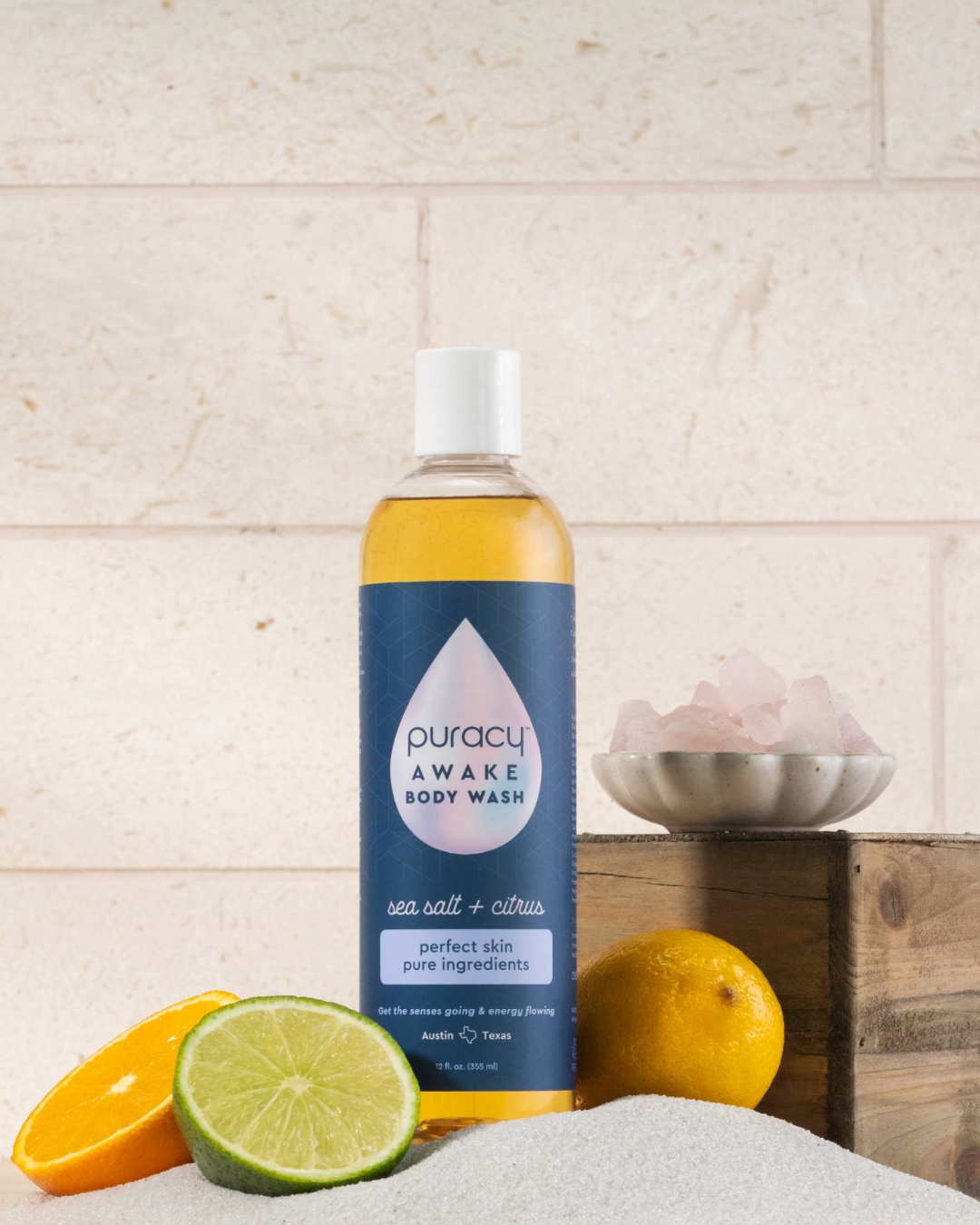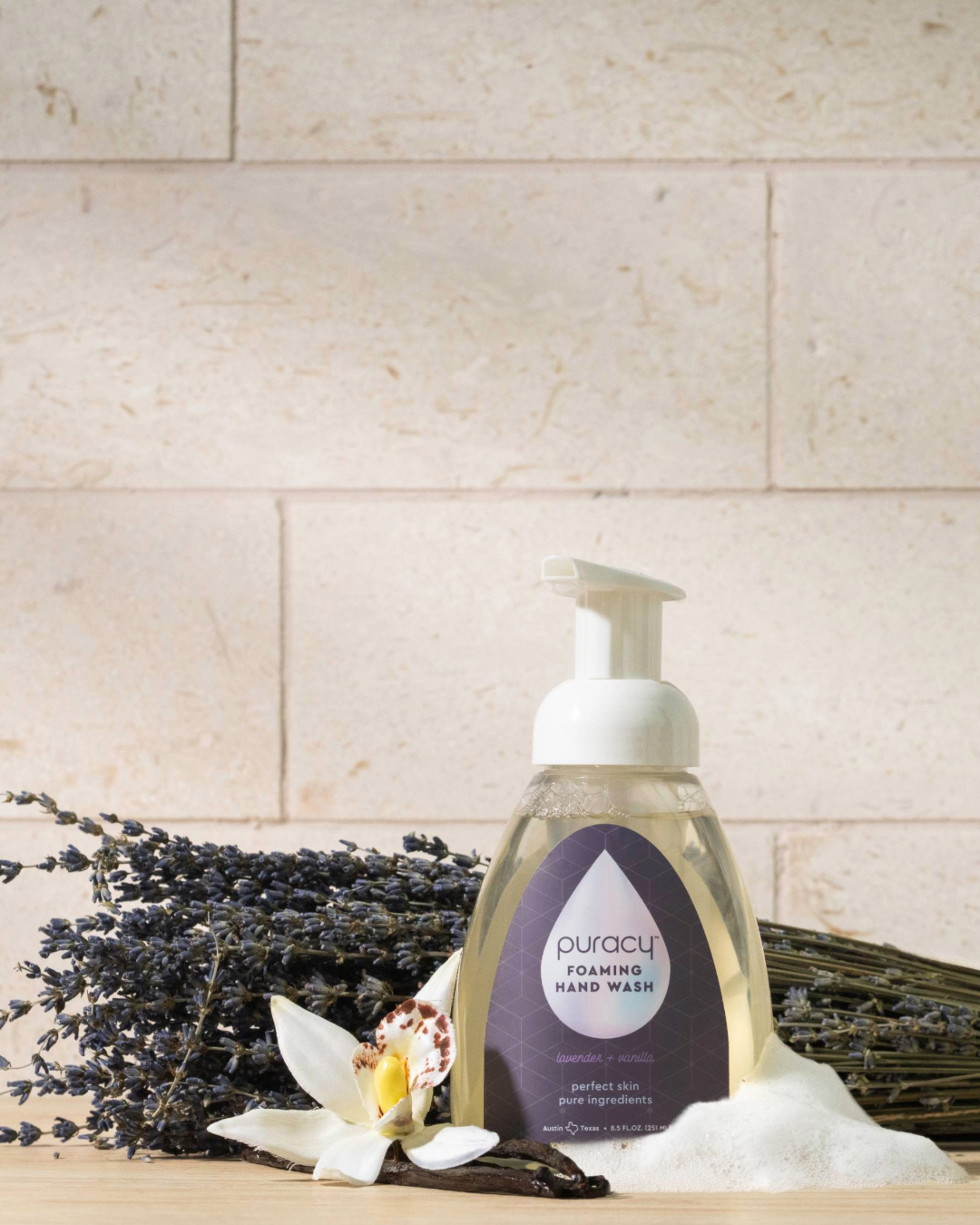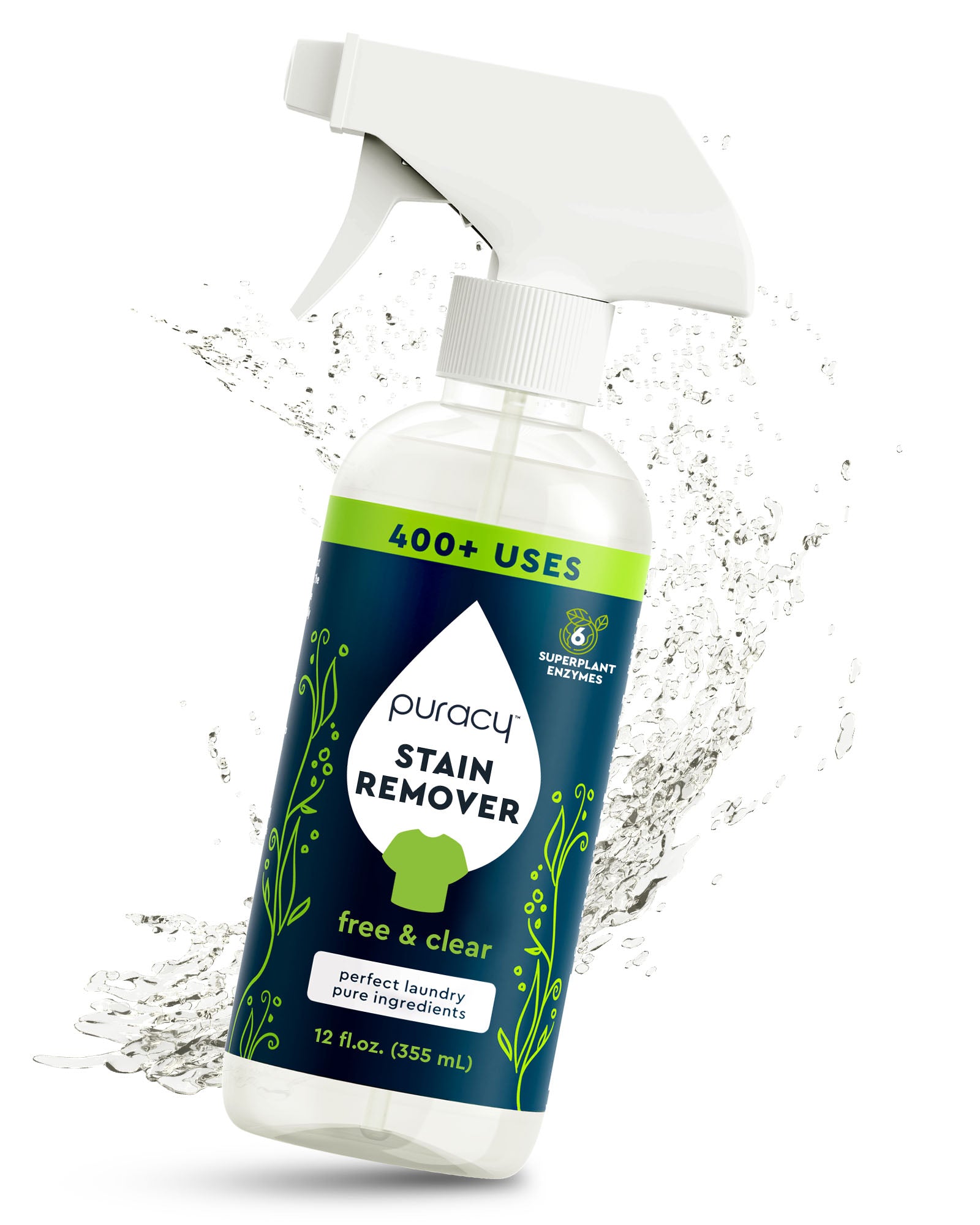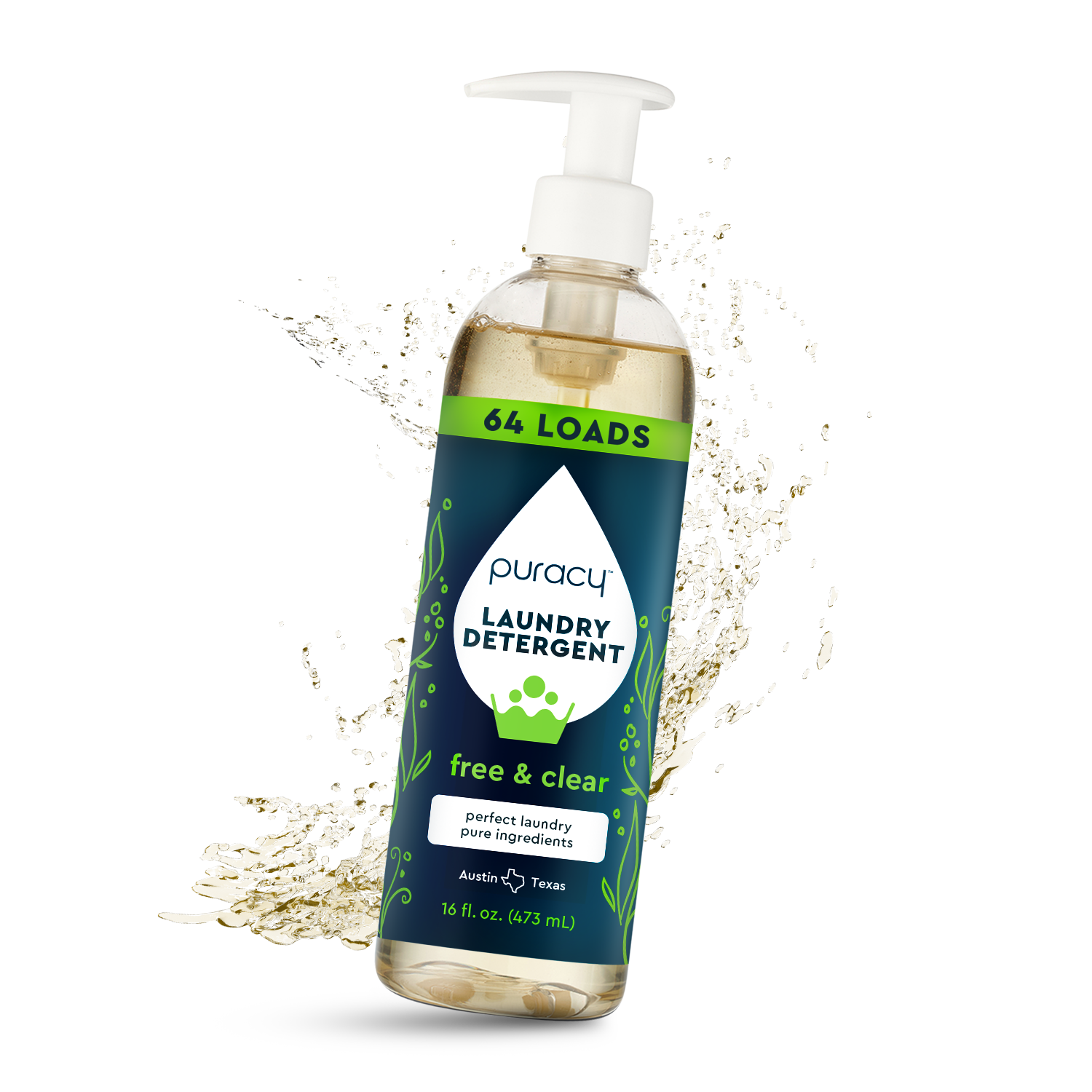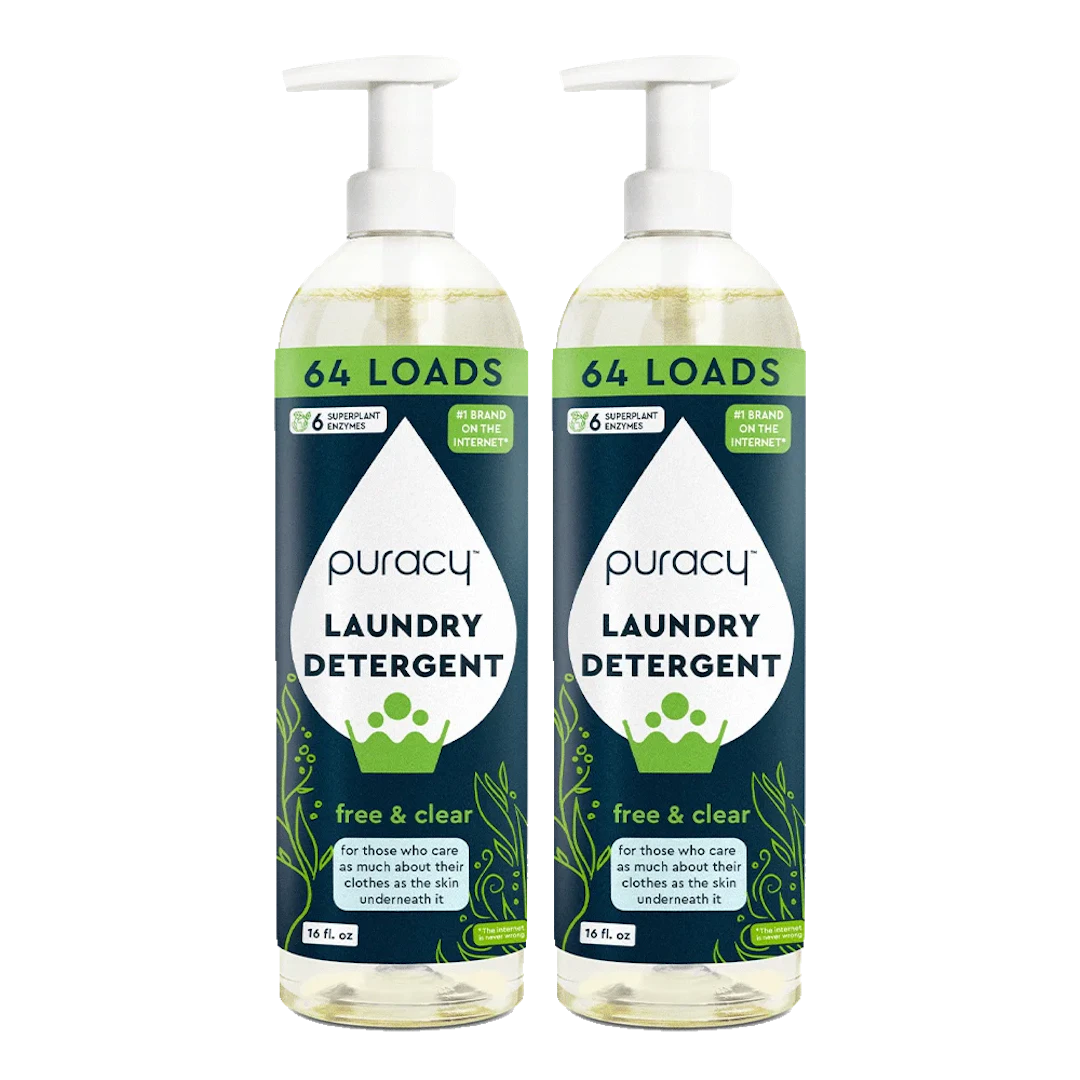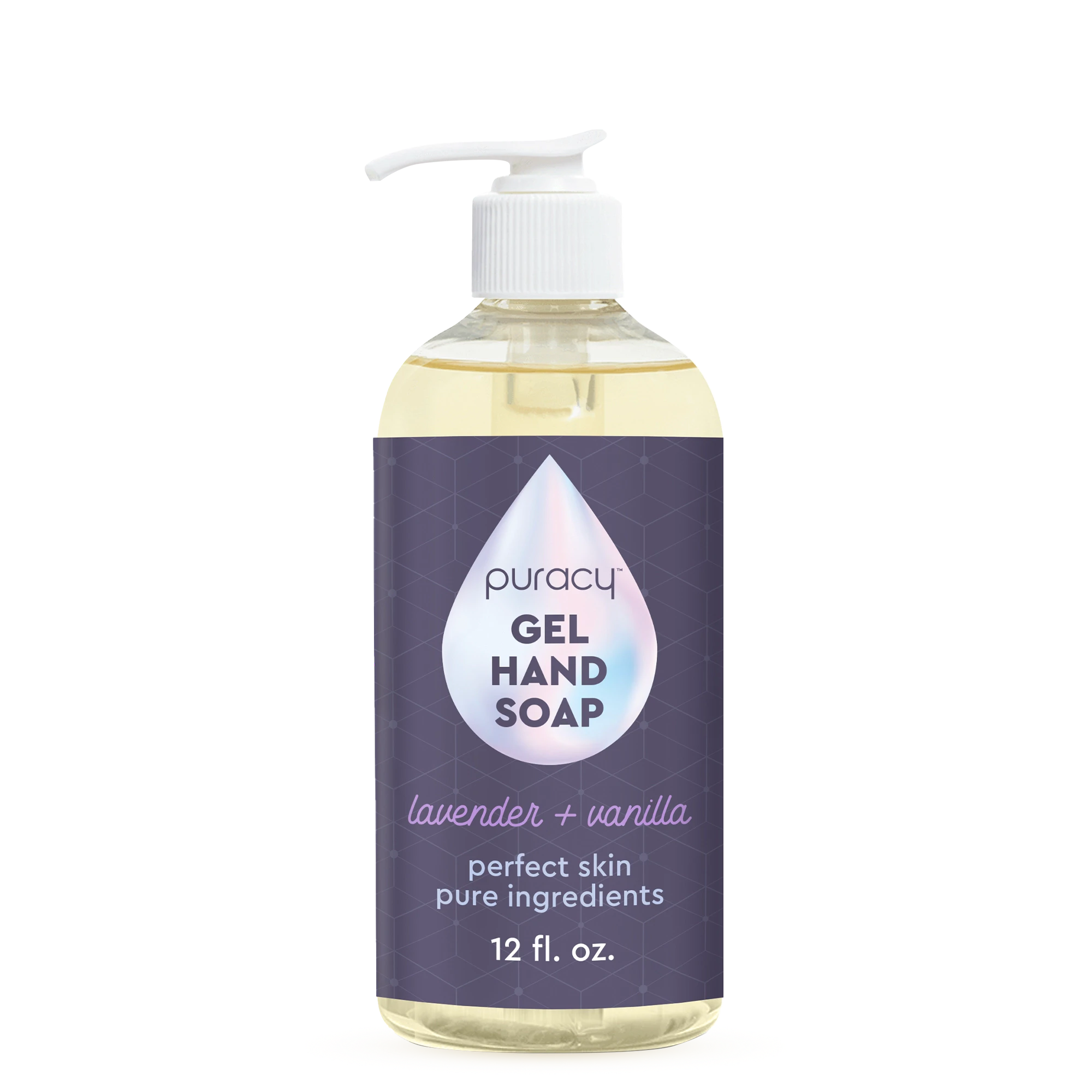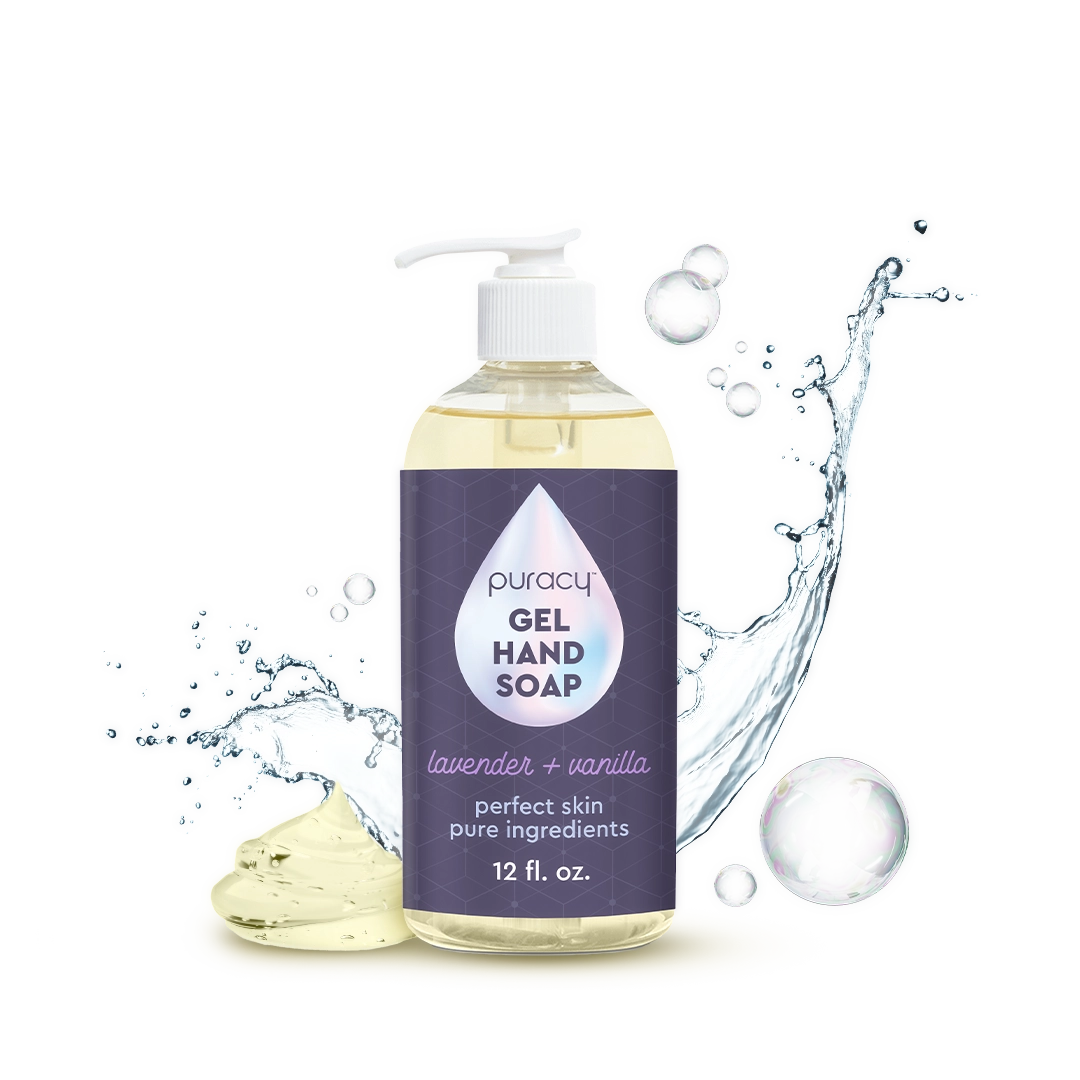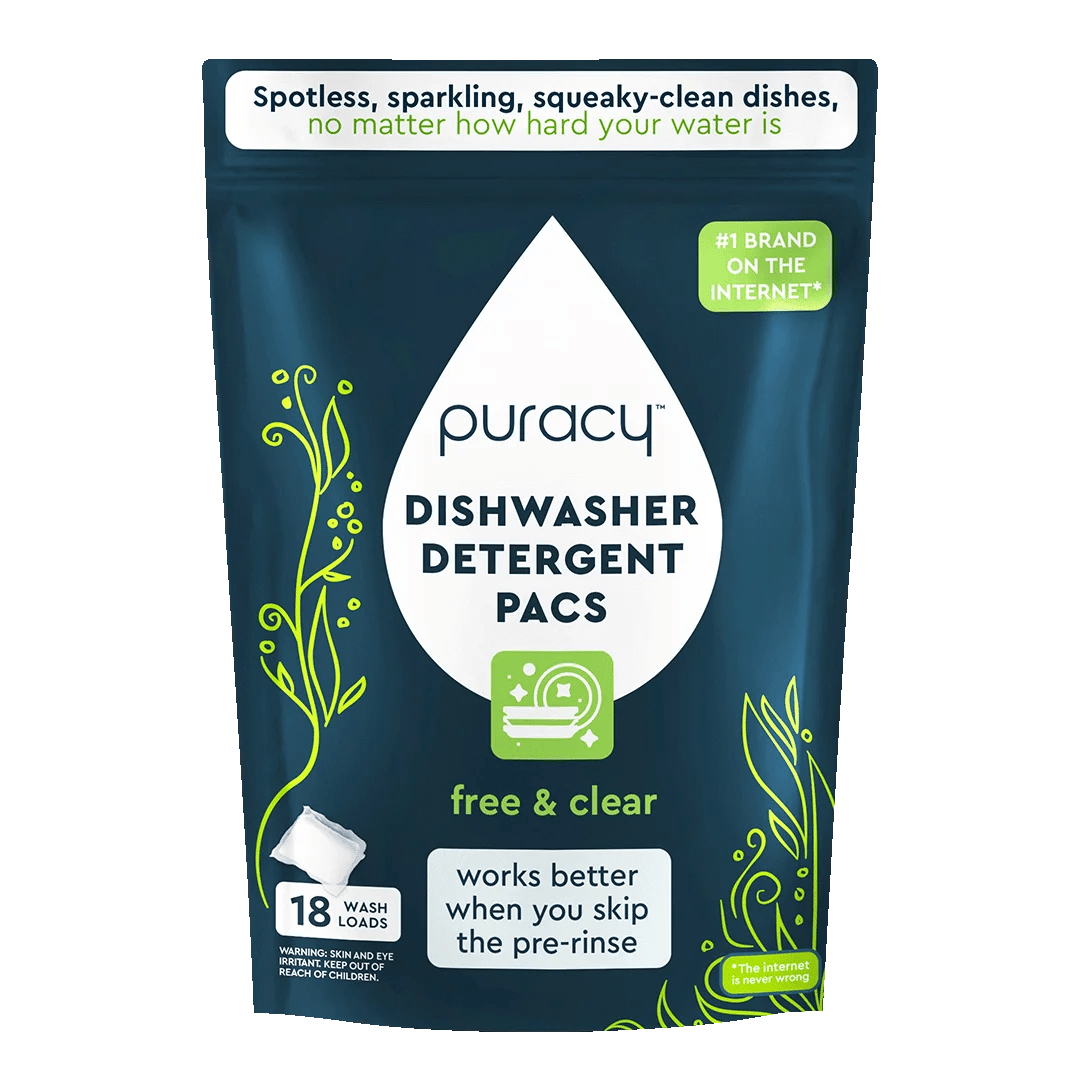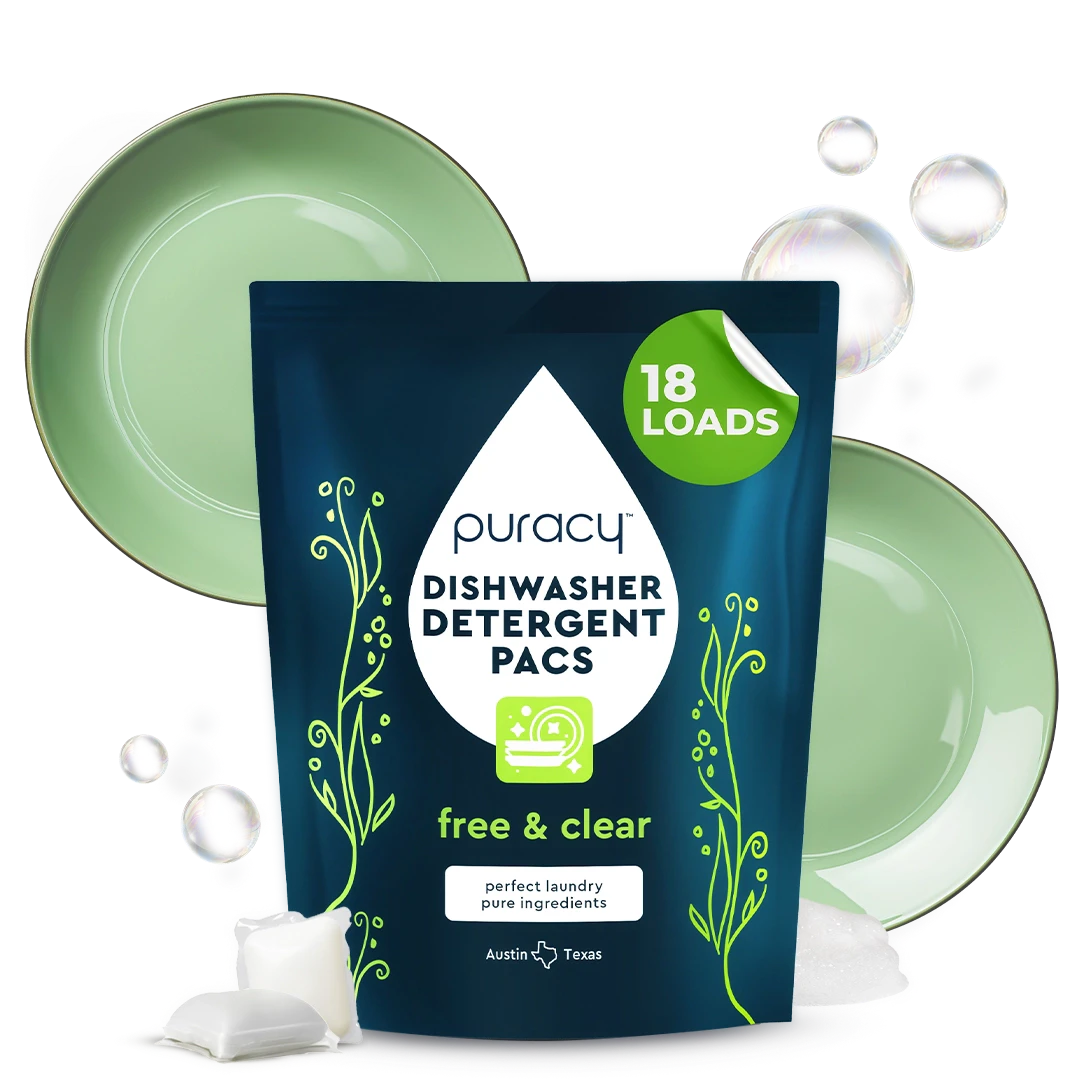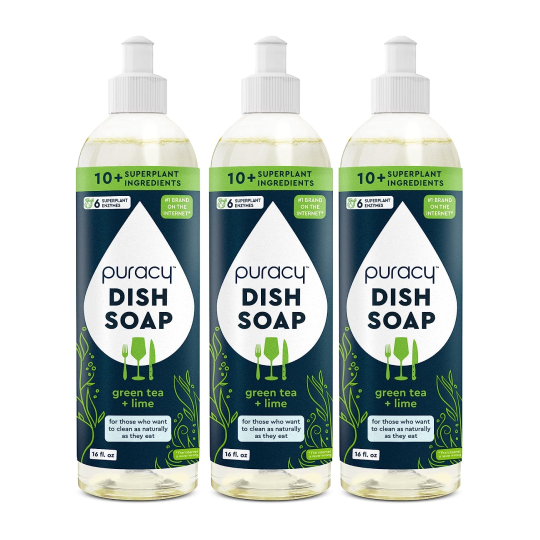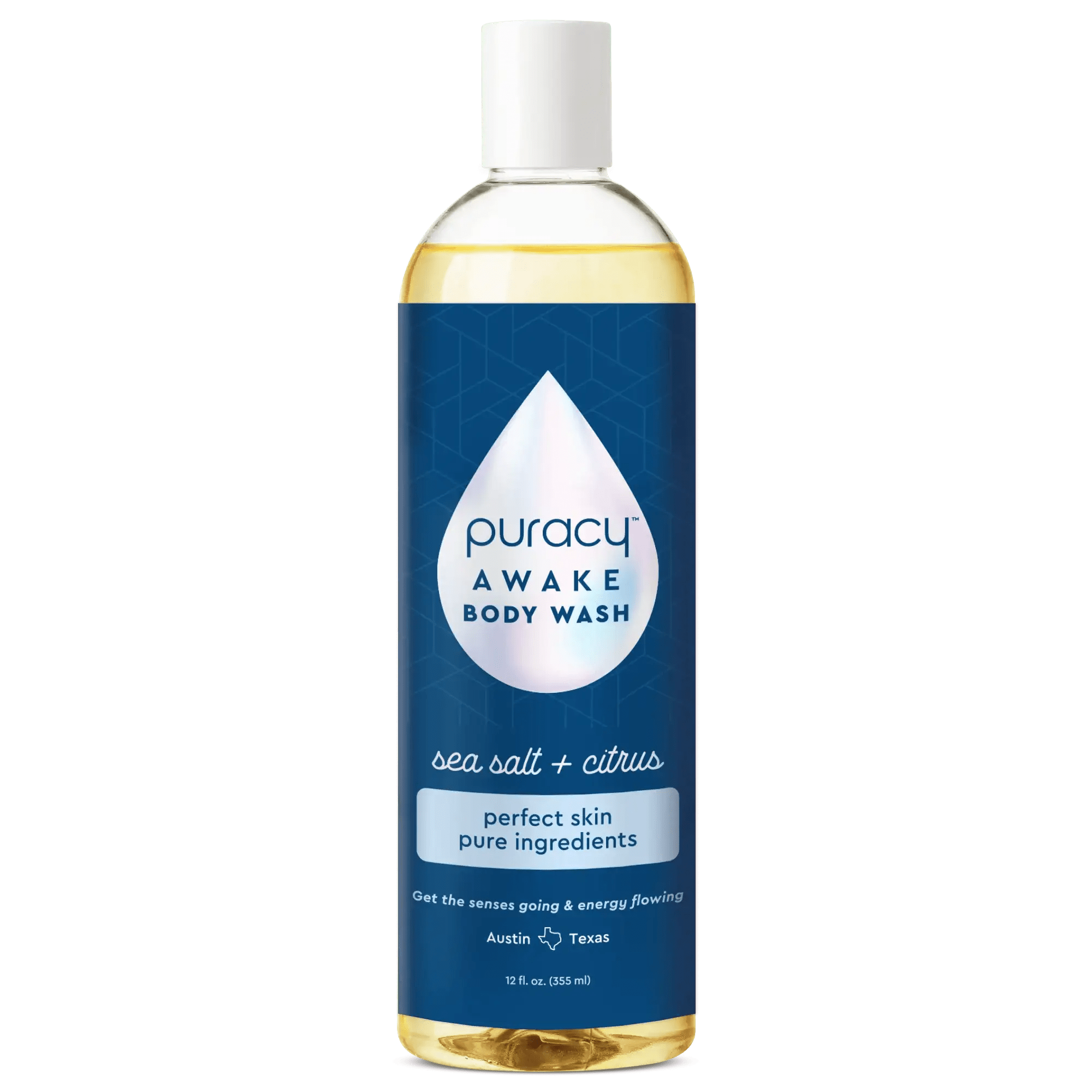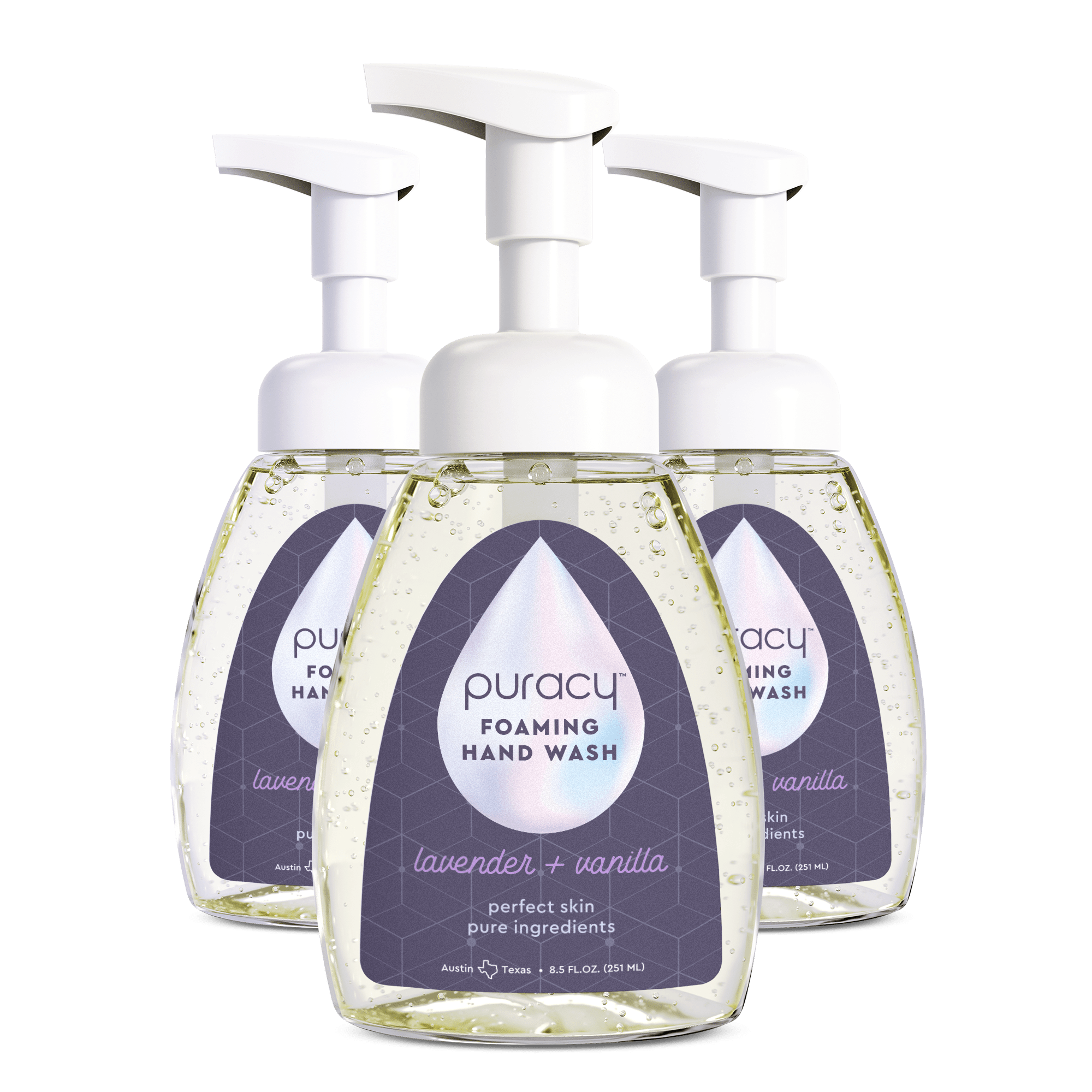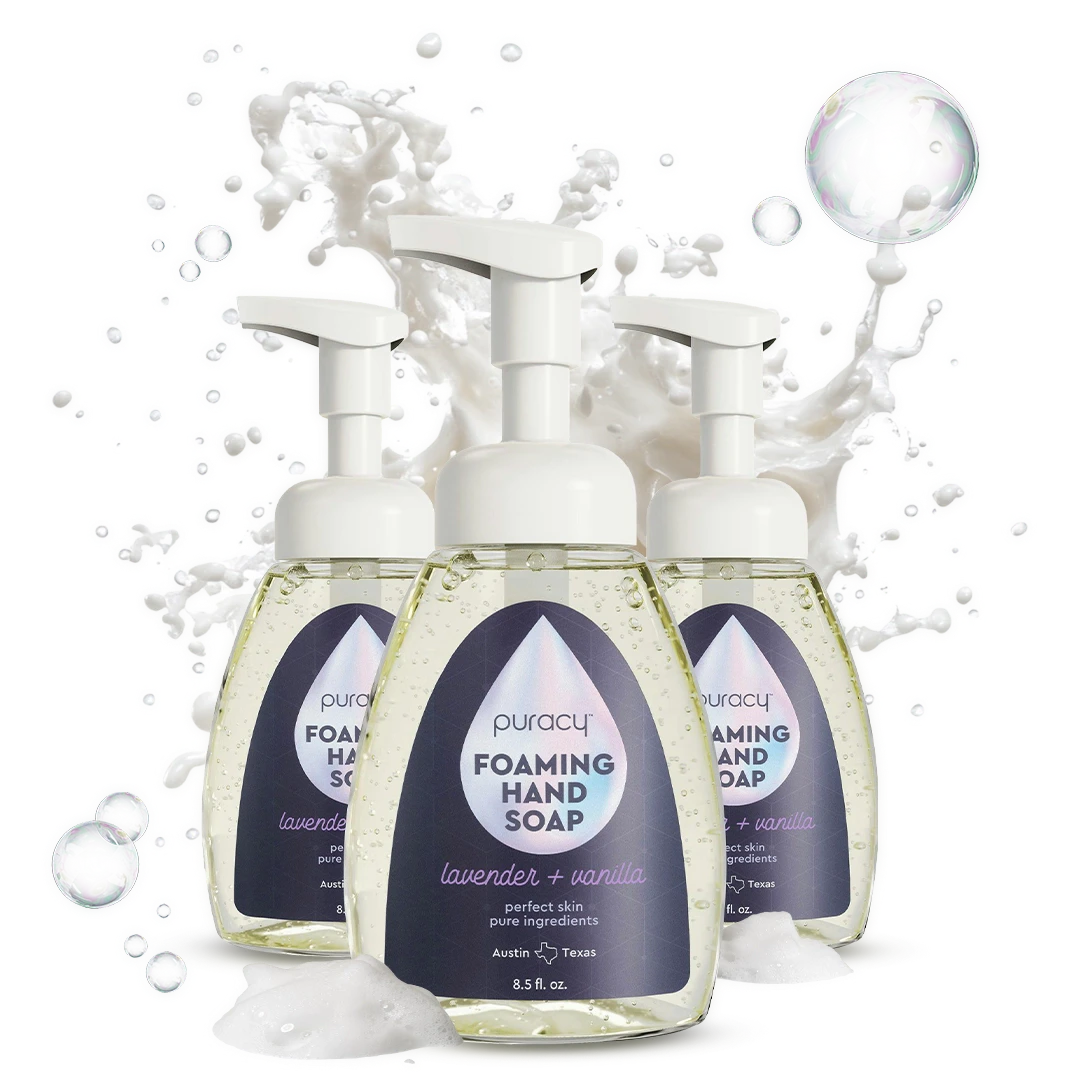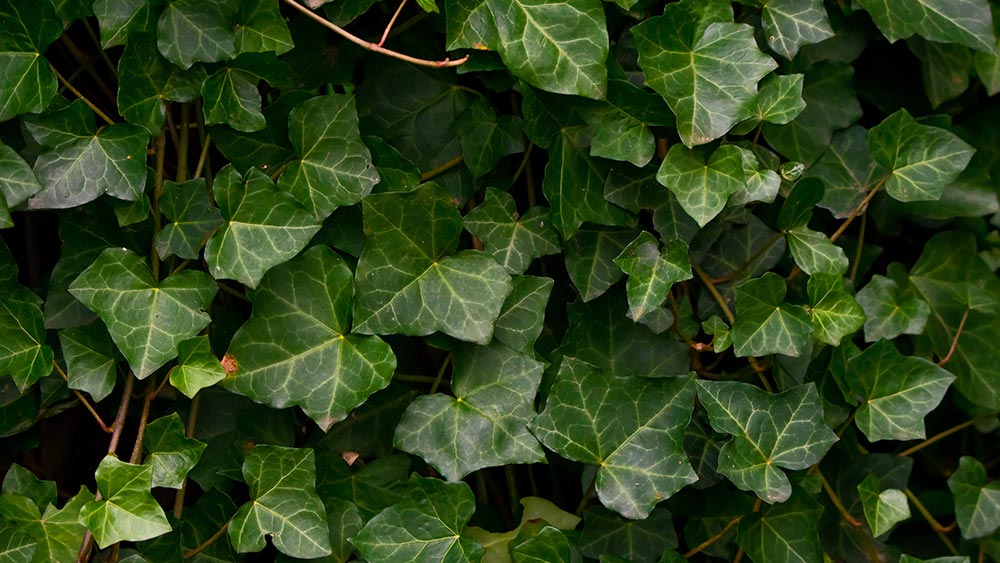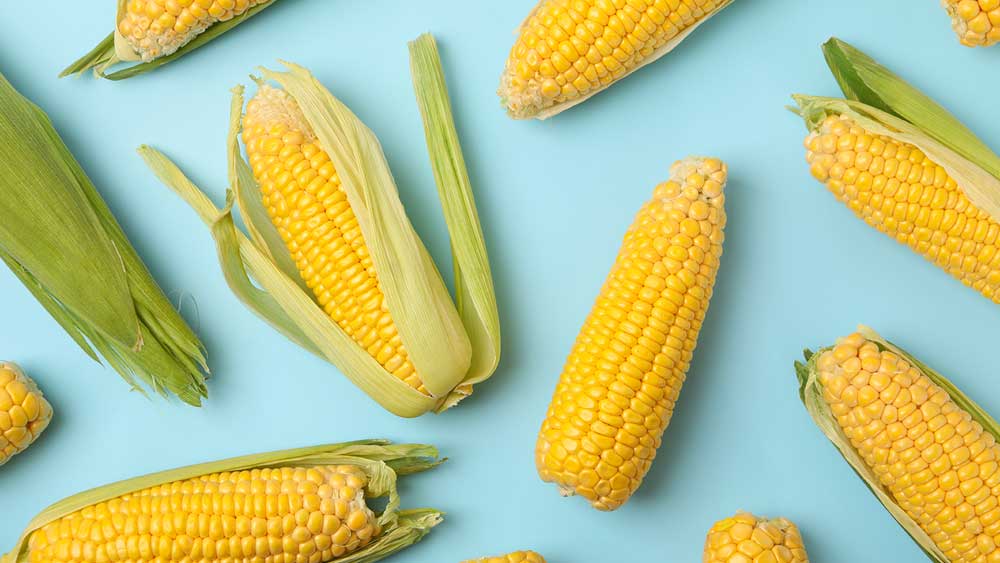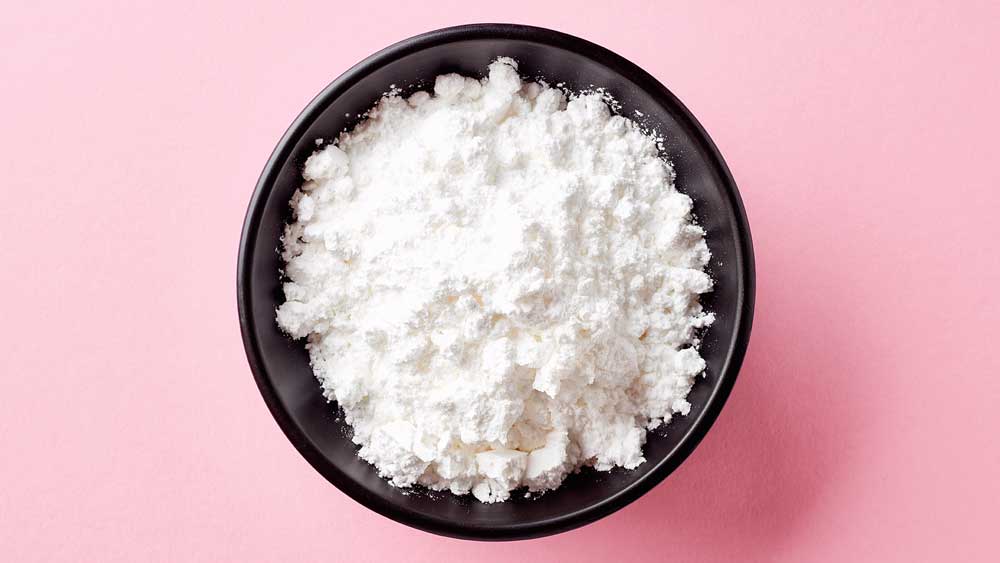
Sodium Benzoate
- Pronunciation: (\ˈsō-dē-əm\ \ˈben-zə-wāt\)
- Type: Synthetic
What Is Sodium benzoate?
Sodium benzoate is a food-grade, biodegradable preservative made from the salt of benzoic acid.[1]
What Does Sodium benzoate Do in Our products?
Sodium benzoate prevents yeast, mold, and fungus from forming. It helps keep our products shelf stable for at least two years from the date of purchase. It is used in concentrations of less than 0.5% by volume.
Why Puracy Uses Sodium benzoate
Sodium benzoate is often used in food, but we use it in several of our products to keep yeast, mold and fungus from growing in them while they’re on store shelves or in your home. French inspection and certification body Ecocert has certified the ingredient for use in organic cosmetics, and the Food and Drug Administration considers sodium benzoate “Generally Recognized as Safe” (GRAS).[8] Whole Foods has deemed the ingredient acceptable in its body care quality standards.[9]
How Sodium benzoate Is Made
Sodium benzoate is produced by combining benzoic acid with baking soda, soda ash, or lye.[2,3,4] This reaction makes it soluble in water (benzoic acid on its own isn’t soluble in water). Benzoic acid occurs naturally in many plants and animals; high concentrations are found in cranberries, prunes, plums, cinnamon, ripe cloves, and most berries.[5,6] However, it is often manufactured as a byproduct of combining oxygen with toluene, which occurs naturally in the tolu tree.[7]
Certifications

Sources
[1] World Health Organization
[2] Food and Drug Administration
[3] U.S. National Library of Medicine
[4] World Health Organization
[5] World Health Organization
[6] Food and Drug Administration
[7] Centers for Disease Control Agency for Toxic Substances and Disease Registry
[8]
Food and Drug Administration
[9] Whole Foods Market
